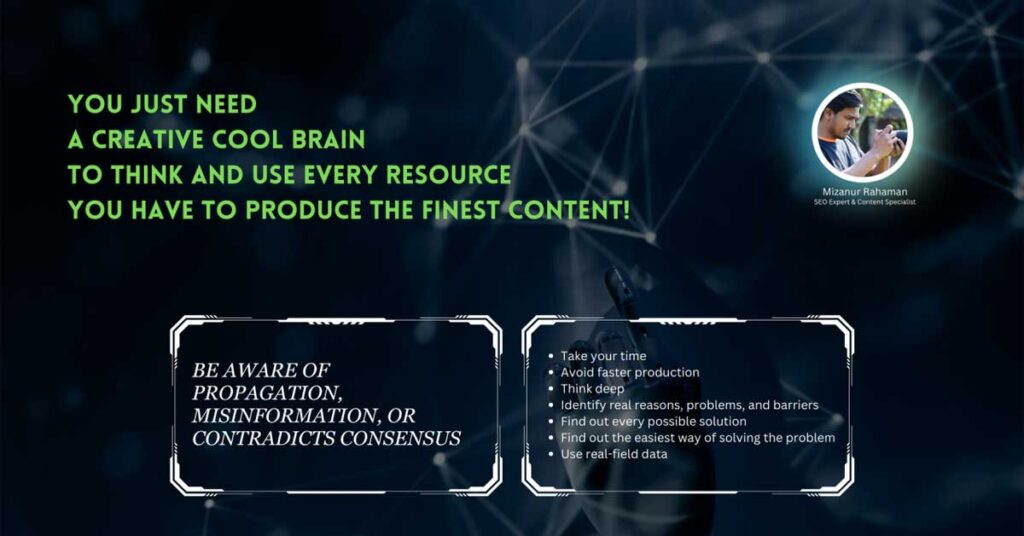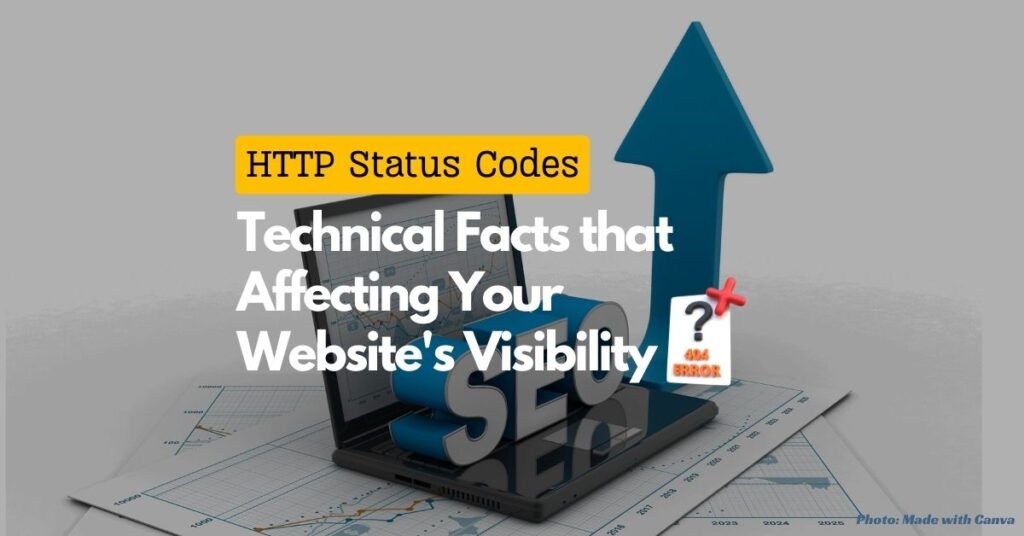The ultimate Guide to Search Engine Optimization (SEO) offers recommended strategies to facilitate search engines’ ability to crawl, index, and comprehend your information.
This article is meant for anyone who owns, manages, monetizes, or uses Google Search to promote content on the internet.
What is SEO?

SEO is all about using search engines to increase website traffic. People use search engines to find what they’re looking for when doing internet searches.
Gaining a high ranking for your website in these “organic” search results—all without spending money on ads—will greatly boost your website’s traffic.
Search engine optimization entails a number of strategies, such as producing excellent content, using appropriate keywords, and establishing backlinks with other websites.
You can boost your website’s position in the organic (or “non-paid) search results by sticking to these guidelines.
What is the greatest advantage? Generating “free” visitors to your website month after month.
Different Types of SEO
There are three main types of SEO that work together to improve your website’s ranking and visibility in search results:
- On-page SEO
- Off-page SEO
- Technical SEO
On-page SEO
On-page SEO focuses on optimizing the content and elements within your website to make it more relevant and user-friendly for search engines. This includes using relevant keywords, optimizing titles and descriptions, and structuring your content effectively.
Off-page SEO
Off-page SEO actions you take outside your website to improve its authority and credibility in the eyes of search engines. Building Backlinks from high-quality websites is a key aspect of off-page SEO.
Technical SEO
Lastly, Technical SEO deals with the technical foundation of your website, ensuring it’s crawlable, mobile-friendly, and loads quickly. Think of it as the behind-the-scenes work that helps search engines understand and navigate your website better.
Learn what technical facts affecting your website’s visibility
Why does SEO matter?
Search engine optimization, or SEO, is a method of keeping your website and content visible in internet search results. While a lot of marketing strategies rely on you interacting with your target audience, SEO allows you the ability to contact users at the precise moment that they are looking for information about your goods and services. Let’s have a deep understanding why SEO matters!
- Visibility and Rankings
- Web Traffic
- Authority
- Better Visitor Experience
Visibility and Rankings
Increasing visibility, or making it easier for potential customers to find you when they search for what you have to offer, is one of the most crucial roles of SEO. Your score has a strong correlation with visibility.
It’s necessary to improve your organic page ranking since the higher you rank on a search engine result page (SERP), the more likely potential customers will find you and click through to your website.
As a quarter of internet users never click past the first SERP, it is vital that your SEO efforts be as effective as possible in raising your exposure and ranking.
Web Traffic
Increased web traffic is one of the major targets of SEO, and you can improve traffic by improving visibility and ranks.
Consider this: the first place on a Google search gets roughly 32% of clicks, and moving up one slot in search results may raise CTR by a remarkable 30.8%.
The ‘Featured Snippet’, often known as position #0, stays above the first ranked URL and is regarded as the holy grail for many marketers. This is often material from a blog’s landing page that solves a subject visitors are searching for and may significantly increase your organic click-through rate.
Authority
Page Authority (PA) has become more important to search engines, just as it is to internet users. Essentially, authority indicates that your website is reliable, high-quality, relevant, and has something to offer.
Ratings vary from 1 to 100, and the better your score, the greater authoritative your site is. You can get your PA rating using tools like Moz, and while it’s tough to affect, many SEO professionals feel it has to do with link profile – obtaining links from reliable and well-visited sites.
Creating a Better Visitor Experience
Another reason why SEO matters is that the time you invest in developing exceptional content and on-page SEO optimization boosts the usability of your site. It ends up in a smooth and good customer experience.
For example, making your website responsive will make it accessible to both mobile and desktop users. Similarly, improving your page load speed can lower your bounce rate and encourage users to stay longer on your website.
Users demand pages to load as quickly as possible, with a maximum loading time of three seconds! The longer the load time, the greater the bounce rate and lower the conversions.
How Search Engine Works?
Search engines involve complex systems that help searchers find accurate data on the internet. The process of how search engines work can be broken down into several key steps:
Crawling:
Search engines use automated bots called spiders or crawlers to surf the internet and find new or updated content. These crawlers track links from one page to the next, generating an index of the page URLs (Uniform Resource Locator) they find.
Indexing:
When the crawler finds a page, the search engine indexes it by analyzing and storing information about it. All of this comprises keywords, metadata, and the general content structure.
Ranking:
Search engines use complicated algorithms to assess how relevant a webpage is to a certain search query. The ranking system analyzes a variety of factors, including keyword use, page quality, relevancy, user experience, and the amount and quality of Backlinks.
Query Processing:
When a user search with a search query, the search engine returns relevant results from its index. The search algorithm takes into consideration a variety of parameters when determining the order of results, with the purpose of providing the user with the most helpful and relevant information possible.
Results Presentation:
The search engine displays the results in an easy to use style, usually on a search results page. The display usually has a title, a small description or excerpt, and a link to the the landing page. Rich elements such as photos, movies, and special excerpts may also be present.
It is crucial to remember that search engines are constantly changing and their algorithms are highly protected secrets. Google, for example, modifies its algorithms on a regular basis to give users with more accurate and relevant results. Furthermore, mobile friendliness (responsive), website speed, and security have all gained importance in search engine results.
How Google Search works?
Without human intervention, Google Search finds websites using web crawlers that constantly scan the internet for new content. These crawlers automatically discover and add most websites to Google’s database as they explore the web. This guide explains how Search works in relation to your website.
Before diving into the specifics, it’s crucial to remember two key points:
- Before we get into how Search works, it’s crucial to remember that Google does not take payment for crawling or ranking a site more frequently. If anyone tells you differently, they are wrong.
- Google does not promise that it will crawl, index, or serve your website, even if it complies to the Google Search Essentials.
Reference: How Google Search Works
- Crawling: Google’s automated programs, called crawlers, scour the internet to find and download content from webpages.
- Indexing: Once downloaded, Google analyzes the text, images, and videos to understand the content and stores this information in a massive database called the Google index.
- Serving Search Results: When a user enters a search query, Google uses the indexed information to identify the most relevant webpages and returns them as search results.
Why Do You Need an SEO?
Thinking about hiring an SEO specialist to boost your website? Here’s a helpful guidance to avoid getting scammed and ensure you choose the right person for the job.
What things you should consider?
An SEO specialist can improve your website’s ranking in search results, leading to more visitors and potentially more business. However, be cautious of bad advice that could hurt your website’s reputation.
How to Choose the Right SEO Expert?
- Interview: A good SEO expert focuses on how to improve your business through search engines, not just ranking. They’ll ask questions about your business goals, customers, and current marketing efforts.
- Beware of Guarantees: No one can guarantee a top search ranking. Those who promise this often use risky tactics that can get your website penalized by Google.
- Check References: Talk to past clients to see if the SEO specialist delivered results and was easy to work with.
Request a Technical Audit
- Limited Access: If you decide to move forward with a candidate, grant them limited access to your website data for analysis.
- What to Look for: The audit should prioritize improvements based on data and avoid techniques that violate Google’s guidelines. Ideally, it should focus on attracting real people, not just search engines.
- Long-Term Focus: The audit should estimate the investment needed and the potential benefits for your business. Look for an SEO who suggests improvements that might take time but will benefit you in the long run.
The best SEO will prioritize your business goals and use efficient methods to achieve them. They should be someone you can collaborate with and learn from. Before hiring, agree on goals, how you’ll measure success, and what metrics to track.
How to Maintain Your Website’s SEO?
SEO isn’t a one-time fix. Just like a well-maintained car, your website needs regular attention to stay on top of search results. SEO is an ongoing process. As you manage your website, you’ll encounter unique situations that impact search engine ranking, such as:
- Crawling and indexing best practices
- Duplicate content
- Resources
- Robots.txt
- Sitemaps
- Internationalized or multi-lingual sites
- Site Migration: Website, URLs, etc.
How to Get Your Website on Search Engine, Especially on Google?
While search engines like Google typically crawl and index new websites automatically, yours might get overlooked. Here’s how to check your website’s indexing status and optimize its visibility in Google Search.
Here is a basic SEO checklist you can follow to optimize your strategy.
- Check, whether your site is showing up on Google or not?
- Do you provide high-quality content for users?
- Do you have optimized local business and is it showing up on Google?
- Do you create content fast and easy to access on all devices?
- Do you have a secure website?
- Do you need help from SEO consultant?
- Do you publish content about a specialized topic?
Overwhelmed with all this questions? Understanding more details will help. I will break down each questions in another post. So, come again and read my blogs, filled with unique marketing guides, strategies, and tutorials.




